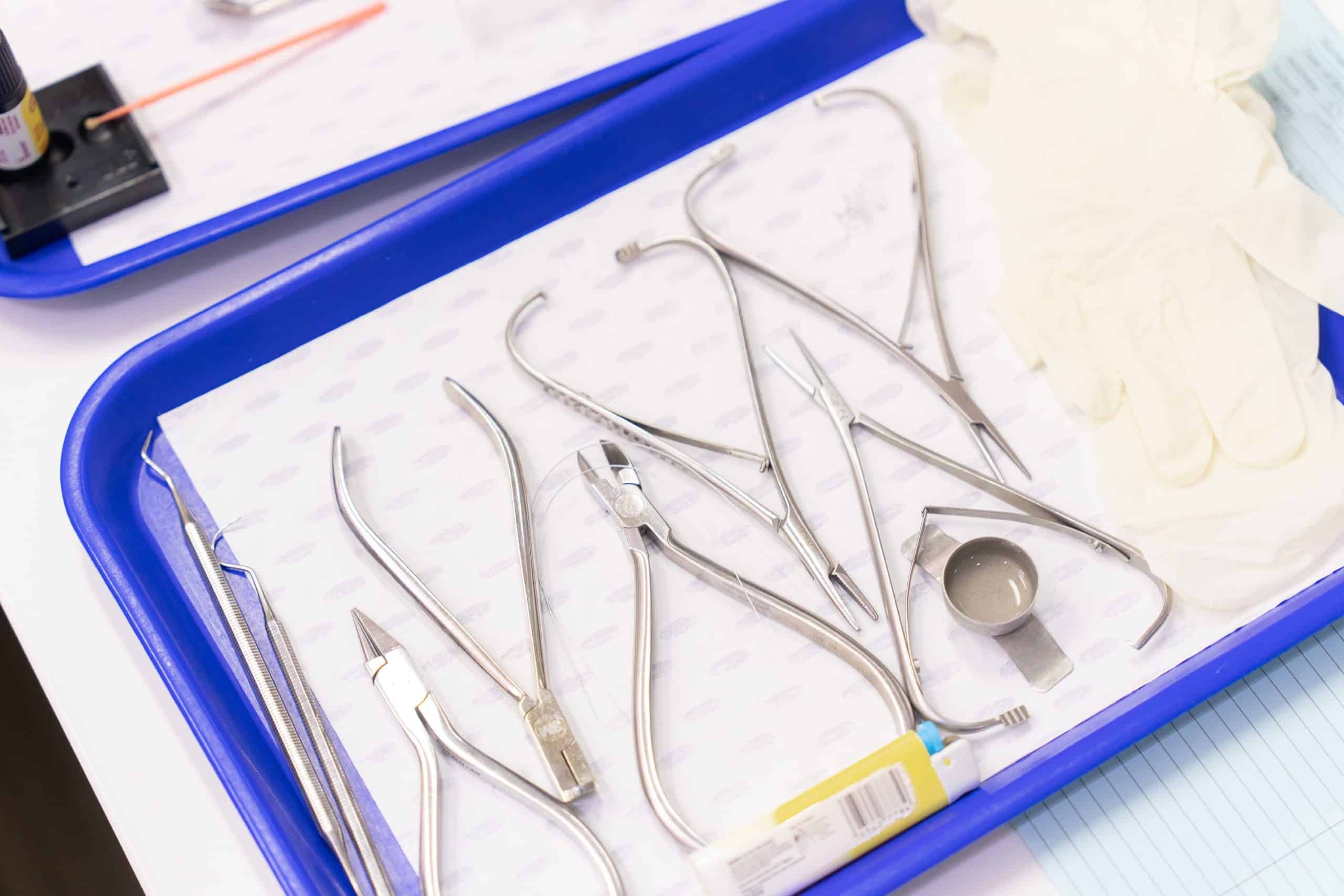If you’re a young adult between the ages of 17 to 25, you’ve likely thought about the possibility of having your wisdom teeth removed. This can be a scary thought if you are unsure of the procedure and what exactly to expect. Ethos is here to guide you and help you understand what wisdom teeth are, the extraction process, recovery time and more.
What Are Wisdom Teeth?
Firstly, what are wisdom teeth? Wisdom teeth are the final adult teeth to appear in your mouth. They will usually appear from about 18 years of age. Your dentist or orthodontist will usually recommend an X-ray called an OPG to see if you have wisdom teeth and how they are situated. Some people get their wisdom teeth without any problems and there are some lucky people whose wisdom teeth will never grow in. However, many people don’t have quite enough room for these extra teeth and will need to have them removed. For this group of people the wisdom teeth can cause problems such as damage to other teeth, gum disease, tooth pain, swollen gums and more. If you are experiencing any of these issues, your dentist will recommend that it’s time to remove your wisdom teeth.
What To Expect When Removing Wisdom Teeth
Before removing your wisdom teeth, your dentist or orthodontist will take an X-ray of your mouth to see exactly where your teeth are and how difficult they will be to remove. Your dentist will then outline a few anaesthetic options for you, including local anaesthetic, IV sedation, or general anaesthesia and may refer you to an Oral Surgeon for removal. Your dentist or oral surgeon may need to cut your gum to get to your wisdom teeth and you may also receive some stitches. These will dissolve a few days after your surgery and shouldn’t cause any discomfort.
Wisdom Teeth Removal Recovery
Most people don’t report being in too much pain after surgery, however it is common to experience some swelling, bruising or mild discomfort for a few days afterwards. If you experience extreme or prolonged discomfort, you may have what is called a “dry socket”. In the case of a dry socket, it is essential you contact your dentist or oral surgeon.
If you follow healing instructions carefully, you are sure to have a speedy recovery. To help ease any discomfort, there are a few things we recommend to help:
- Use an ice pack on your face to stop swelling or discolouration
- Gently open and close your mouth to exercise your jaw
- Eat soft foods while recovering
- Drink plenty of water
- Take any medicine prescribed by your doctor to ease pain
Wisdom Teeth FAQs
How long after wisdom teeth removal can you eat solid food?
Typically around 3 or 4 days post-procedure, you should be able to eat normally again. However, be sure to check with your dentist as each case may be different.
What are the best foods to eat after wisdom teeth removal?
Immediately after surgery look for easy to swallow drinks and food – and remember to cool down hot fluids to avoid hurting yourself. Be careful as sometimes a long-acting local anaesthetic is used that means it is possible to bite your cheek or tongue without knowing it. You should only eat soft foods such as soups, scrambled eggs, or mashed potatoes in the first few days after surgery. Once you feel more comfortable, you may resume your normal diet.
Can you fly after wisdom teeth extraction?
If you are planning to fly after your surgery, it is best to notify your doctor so they can evaluate your personal situation. However, typically it is advised for you to wait around 24 or 48 hours after surgery to fly.
Can you go swimming after wisdom teeth removal?
After your operation, you should not undertake strenuous physical activity for a few days but swimming is fine once you feel recovered.
Can I brush my teeth after wisdom teeth removal?
It is recommended that you avoid brushing your back teeth for the first 24 hours after surgery. After a day, you can begin brushing again but make sure to do so gently and try to avoid the extraction area. An antiseptic mouth-rinse such as Savacol may be recommended by your dentist or oral surgeon for the first few days after surgery.
Will I have stitches, and do I need to have them removed?
Not all patients receive stitches, but if you do, they will dissolve within a couple of weeks. If your stitches are still present and need to be removed, your doctor can do this procedure for you.
Have Any Other Questions?
After around two weeks post-removal, you should feel back to normal, and your swelling should have completely gone away. However, if you are still experiencing any symptoms or pain after a week, call your doctor to go in for a check-up to ensure nothing is wrong. Ethos is here to help with any questions you may have about dental procedures, orthodontic treatment or general enquiries, so don’t hesitate to reach out to our friendly team today to learn more!




